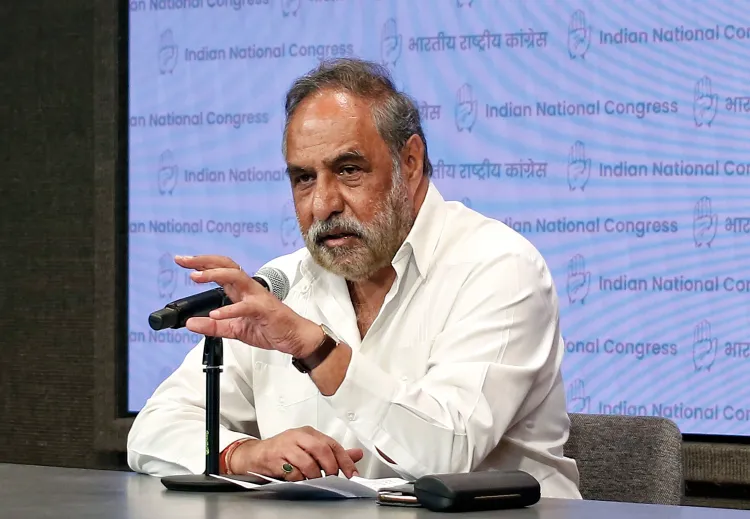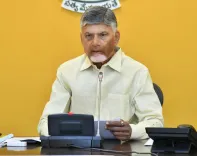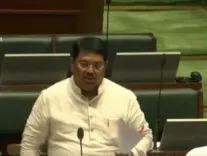Should Congress Push for a Foreign Policy Reboot Following India’s UN Abstention on Gaza?

Synopsis
Key Takeaways
- Call for reassessment of India’s foreign policy following recent diplomatic actions.
- Concerns raised over India's waning influence in global affairs.
- Need for parliamentary discussion on foreign policy matters.
- Emphasis on moral authority in international relations.
- Call for constructive engagement with Israel and Palestine.
New Delhi, July 17 (NationPress) The Congress party has called for a thorough reassessment, reflection, and realignment to rejuvenate India’s position on the global stage regarding its foreign policy.
The party has urged for a discussion during the upcoming Monsoon session of Parliament.
In a press briefing at the AICC (All Indian Congress Committee) headquarters, senior Congress figure and former Union Minister Anand Sharma expressed significant apprehension about what he labeled a “fundamental shift” from India’s established diplomatic stance. He cautioned that the country’s sway in international matters is noticeably diminishing.
Sharma expressed dismay over the fading national consensus on foreign policy, which has historically surpassed party lines and showcased India’s moral standing globally.
“Foreign policy should advance national interests and uphold justice. It should never be compromised by domestic political interests,” he stated, highlighting that recent actions were made without parliamentary consultation, thereby undermining India’s voice among nations.
Sharma’s statements followed India’s abstention from a United Nations General Assembly resolution advocating for an immediate and unconditional ceasefire in Gaza.
This resolution, proposed by Spain, garnered widespread support - 149 nations voted in favor, with India being one of the 19 that abstained.
Sharma termed this abstention as “painful and unacceptable,” noting that even countries with strong ties to Israel and the United States supported peace.
“The land of Gandhi did not support a ceasefire. This action has diminished India’s credibility as a leader within the Global South,” he remarked.
Sharma also pointed out the worsening humanitarian crisis in Gaza, where over 60,000 lives have reportedly been lost amidst ongoing conflict. He urged the government to restore India’s moral authority and engage constructively with both Israel and Palestine, stressing that India’s legacy of non-alignment and moral diplomacy should not be forsaken.
Calling for a parliamentary discourse on foreign policy, Sharma emphasized that no democracy should shy away from discussing its strategic alliances. He cautioned that multilateralism is under threat, with the United Nations increasingly struggling to enforce its resolutions.
“India must reflect on its position as the rule-based global order faces challenges,” he emphasized.
The Congress party’s critique highlights growing concerns regarding India’s diplomatic decisions and signals a call for increased transparency, accountability, and consensus in shaping the nation’s international relations.





